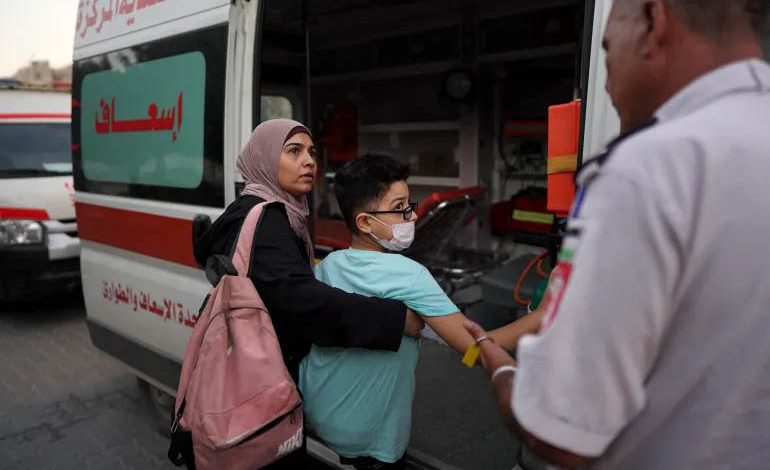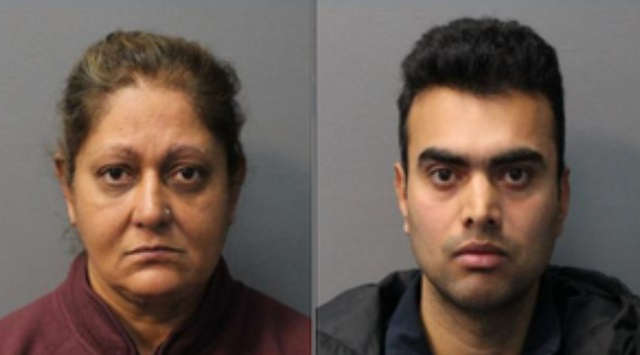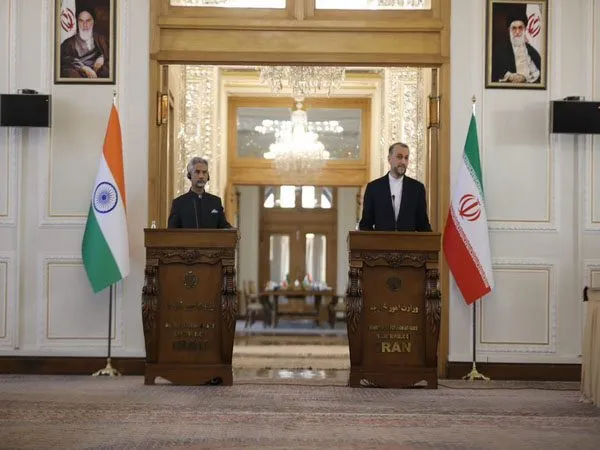New round of Gaza ceasefire talks in Doha: What is the stand of Hamas, Israel?

Doha: After more than 10 months of continuous bombing of the Gaza Strip that has killed more than 40,000 Palestinians, mediators have invited the leaders of Israel and the Palestinian group Hamas for a new round of talks on Thursday. The talks have been put together in an effort to avoid an escalation in hostilities between Iran and Israel following the assassination of Hamas leader Ismail Haniyeh in Tehran on July 31. Here’s everything we know about the talks: When and where are the ceasefire talks taking place?
The talks are set to take place in Doha, Qatar, on Thursday.
On August 9, the United States Embassy in Israel published a joint statement by US President Joe Biden, Egyptian President Abdel Fattah al-Sisi and Qatar’s Emir Sheikh Tamim bin Hamad Al Thani. The statement set the date of the talks and said they would be held either in Cairo or Doha. Who will attend? Mediators from Qatar, Egypt and the US are expected to attend. The three countries have been mediating ceasefire talks for months since November, a month after the war began. Israel is attending the talks in Doha. Its delegation will include intelligence chief David Barnea, domestic security service chief Ronen Bar and the army’s hostage chief Nitzan Elon, defense officials confirmed on Wednesday.
Reports so far suggest Hamas will not send its representatives.
“Going to new talks gives the occupation a chance to impose new conditions and use the maze of negotiations to commit more massacres,” senior Hamas official Sami Abu Zuhri told Reuters news agency on Wednesday. US broadcaster NPR also reported that Hamas spokesman Suheil al-Hindi said Hamas would not attend the talks. The BBC quoted a senior Hamas official as confirming that the group would not take part in the talks. The AFP news agency, citing a US source, said CIA Director William Burns would attend the meeting. What will be discussed? The joint statement said the aim of the talks would be to reach an agreement for “ending the ceasefire” and the release of Israeli detainees held in the Gaza Strip. About 110 of the approximately 240 detainees are believed to still be in Gaza, having been captured from southern Israel on October 7 last year.
Representatives of the three mediating countries said in the statement that they would discuss a framework agreement, which they have worked on jointly for months.
It would be based on the ceasefire plan proposed by Biden on May 31. The resolution formed the basis of UN Security Council Resolution 2735, which was passed on June 10, with 14 member states voting in favour, none against, and only Russia abstaining. The resolution called for a three-phase approach to achieving a ceasefire in the region. The first phase would see the release of Israeli detainees and Palestinian prisoners over six weeks; the second phase would see a permanent end to hostilities; and the third phase would be a multi-year plan for the reconstruction of Gaza. “There is no justification for wasting any more time and neither side has any excuses for further delay. It is now time to release the hostages, initiate a ceasefire, and implement this agreement,” the statement said.
What is Israel’s position?
Israeli Prime Minister Benjamin Netanyahu has repeatedly reiterated Israel’s commitment to a “complete victory” over Hamas during the war. Israel has also said it wants its forces to retain control of Gaza’s southern border with Egypt. Israel is also insisting that Palestinians returning to their homes in northern Gaza must set up checkpoints through which they must pass and where they will be subjected to checks for weapons. What is Hamas’ position? On August 11, Hamas posted a message on its Telegram channel saying it wanted a ceasefire based on Biden’s proposal and the June 10 UNSC resolution, rather than any new plan proposed in the talks. In the same message, Hamas said it wants a plan based on “[US President Joe] Biden’s May 31 ceasefire proposal, the framework set by mediators Qatar and Egypt on May 6, and UN Security Council Resolution 2735.” The May 6 resolution mentioned in the message called for the release of Israeli detainees in Gaza in exchange for an unspecified number of Palestinian prisoners. Hamas agreed to the proposal at the time, while Israel rejected it. On Thursday, Hamas told mediators that if Israel makes a “serious” proposal in line with Hamas’ previous proposals, the group would continue talks. Hamas also demands the complete withdrawal of Israeli troops from Gaza.




